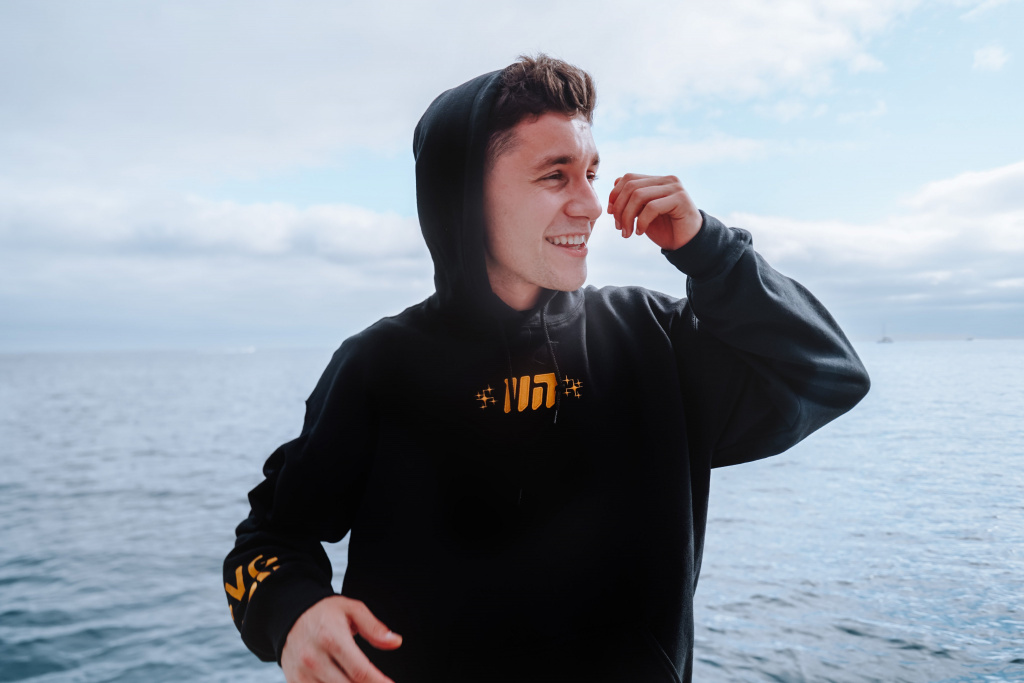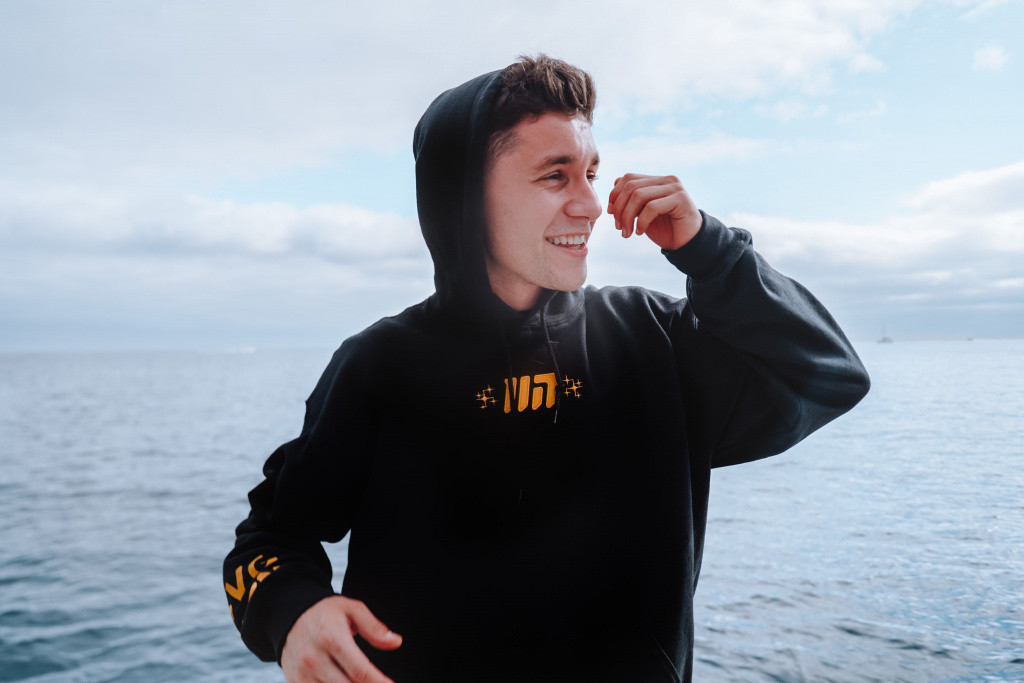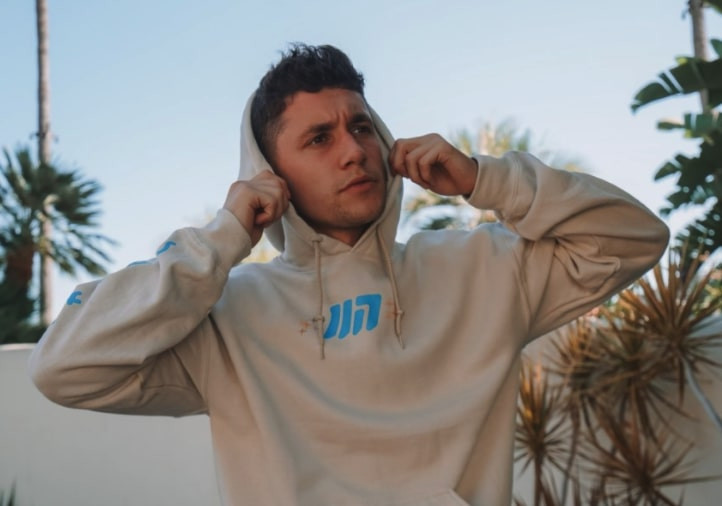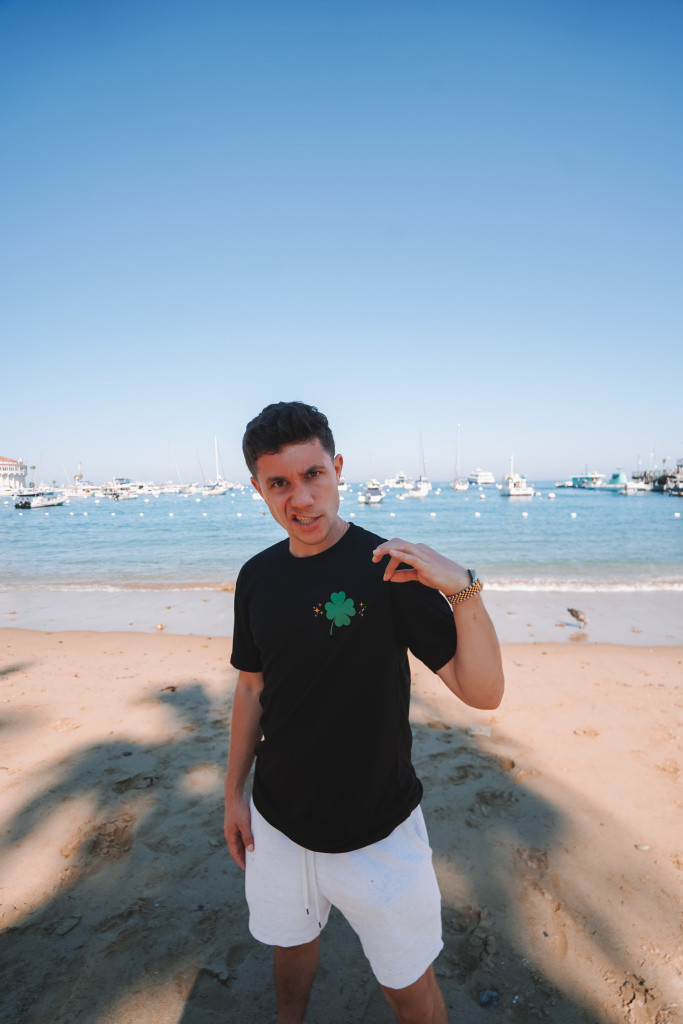
Back in 2016, Pokémon GO was unavoidable. A cross-section of life-long Pokémon fans, nostalgic twenty-somethings, and anyone yearning for novelty distractions converged to make Pokémon GO a world-conquering success – the kind to spark public safety concerns and even lead to fatal accidents.
While Pokémon GO’s current player base isn’t as large as the 45 million users clocked two weeks after launch, developer Niantic is profiting more than ever from the title. In 2019, the developer earned 4 million in revenue (via SensorTower) from Pokémon GO. 2020 has trumped that figure already, hitting over billion in spending within the first 10 months.
It’s surprising considering world events have hindered Pokémon GO’s USP. A worldwide pandemic seems a probable downfall for an app largely reliant on outdoor exploration and extensive walking, but through smart adaptive measures from Niantic, the game has had a new lease of life from those, perhaps more than ever, searching for uplifting distraction.
- Read more: The Crown Tundra is the best of Pokemon Sword and Shield, but a full sequel can’t come soon enough
Mystic7 is one of the biggest Pokemon GO YouTubers (Picture: Mystic7)
Pokémon GO’s changing nature
For Brandon “Mystic7” Martyn, 23, a Pokémon GO YouTuber with over 2 million subscribers, it’s been a year away from the high-life. Over the past two years, he’s travelled the world and met fans and community members through the unique social encounters Pokémon GO encourages. This year, he’s had to get creative from inside his car.
“My location when filming videos is almost as important as the in-game content,” Mystic7 tells GINX TV. “When I travel to a different country, it makes the whole video super fresh; it’s a new location, it’s a new culture, it makes it a lot more fun.
“It was difficult to keep that continuous fresh aspect in the videos [in 2020]. I had to rely a lot more on in-game content rather than what was going on around me. We found different ways to keep the videos fresh other than just scenery.
“A lot of us [in the Pokémon GO community] started doing livestreams instead of YouTube videos, or livestreams and YouTube videos. What I would do personally – I’ve got a Tesla car and it has medical grade HEPA filters. So I’d just pop my mask on, go in the Tesla and basically just drive around to different hotspots and just stay in my car to record videos.
“[We] just got extra creative to find ways to still continuously pump content out even though obviously the dynamic of living, let alone recording videos, was completely flipped upside down.”
Niantic’s changes to Pokémon GO, amid the challenges a pandemic brings, is arguably its own unique backdrop. Back in March, the developer made temporary adjustments to make playing Pokémon GO at home easier, including boosting the time incense lasts from 30 minutes to an hour, halving egg hatching distances and adding remote raid passes.
As of October however, some of these features began to be rolled back (although others, like incense duration and remote raid passes, will remain intact). Regardless, many within the community believe this happened too early, with COVID-19 restrictions varying and changing around the world. It’s sparked a wider conversation too over whether Pokémon GO is a better game with these added benefits.
Mystic7 believes the rollback was a “little bit too early”, although, while acknowledging his own bias having worked with Niantic in the past, he’s praised the studio for the changes they’ve implemented – some of which, may be sticking around for a good while yet.
“Obviously COVID-19 and the pandemic is a bad thing, but there’s always a silver lining in certain situations – and I think Pokémon GO greatly benefitted from the events that have gone down this year when it comes to emergency features being added to the game.
“I thought this game was going to die this year,” Mystic7 adds. “This is an augmented reality game that is predicated on going outside, exploring and adventuring. Now we’re locked inside – who’s going to play Pokémon GO anymore, right? That was wrong. The game had an explosion.”
Pokemon GO Fest took on a new online format this year (Picture: Niantic/Pokemon)
This boom arguably peaked back in July with Pokémon GO Fest, which took on a new online, worldwide format instead of being restricted to certain areas in real-life. It led to a huge $17.5 million in spending from players over a weekend, with nearly a billion Pokémon caught in total.
The reoccurring narrative around Pokémon GO has been surprise that people are still playing a title that many assumed would be a passing craze. With the prospect of many new players, or those returning in 2020 for the first time since it released, there’s a feeling a new wave will notice Niantic’s vast improvements to the title since – giving it an even greater shelf life.
“I think this year was a humongous, positive year for Pokémon GO in the sense of features being added, events being added, and players coming back and realising it’s a lot different than it was two or three years ago,” Mystic7 adds. “It’s a lot more fun now.”
YouTube’s next generation
Mystic7 started out on YouTube in 2013 and gradually built a dedicated audience around his Clash of Clans videos. The switch to Pokémon GO in 2016 coincided with a pivotal time in his life where, after graduating from high school, he was looking to move to Los Angeles.
The exploding popularity of Pokémon GO presented a long-term opportunity to make the move sustainable, especially against the waning enthusiasm for Clash of Clans. Coincidentally, it was also an opportunity to dive into the world of Pokémon for the first time.
“The dynamic of content creation behind this game seemed so fun and so foreign to me,” Mystic7 says. “I was never a Pokémon kid before Pokémon GO, but I’d always wanted to get into it, but I just never did.
“So it was a fun thing of – I can finally do something with Pokémon. I love the dynamic of the game, I love AR, this seems like what the future of mobile gaming will be, and then views for Clash of Clans were going down, views for Pokémon GO were skyrocketing. It just makes sense to test the waters with Pokémon GO to see if my audience is receptive. And if they are, to make this leap.
Pokemon GO has changed Mystic7’s life (Picture: Mystic7)
“It was a massive life-changing business decision and I’ve never looked back. I mark that as one of the best decisions I’ve ever made in my life.”
Since Mystic7 began on YouTube, the cultural landscape around the platform has changed significantly. What started as an outlet for creative hobbyists has transformed into an attractive, viable career option – with many now aspiring towards the label of ‘online influencer’ or following in the footsteps of successes like PewDiePie.
The current saturated landscape of YouTube means it’s arguably harder than ever to make a career off the platform – before you’ve even dealt with the mysterious algorithm. The spotlight on the success stories have largely changed people’s motivations for opening an account in the first place, moving from an enthusiast’s space to calculated business strategy.
“Where a lot of people really go wrong… I would say to check your intentions when beginning this journey,” Mystic7 says when asked what advice he’d give to aspiring YouTubers. “To become successful five or 10 years ago, you had to have a passion for what you’re doing and work really hard. And now, with how oversaturated the content creation community really is, it’s really hard to break through the surface.
“When I got behind the camera and started making videos for Clash of Clans, not one drop of the intention was, “oh I want to do this as a job, I want to make money off this, I want to be rich and live next to Logan Paul”. Not one drop of that went into the creation, and in the first several years of my YouTube journey, nothing about it was about money, fame or anything like that.
Pokemon GO has allowed him to travel the world (Picture: Mystic7)
“It was pure passion for creating content. In high school, I’d do hours every single day making videos. When I moved to Los Angeles, my work days were literally 18-20 hours long, every day for two years. Birthdays, holidays, weekends, it didn’t matter – a video went live on the channel every day and it took me six hours to record it and 12 hours to edit it to produce it fully. When I say I didn’t sleep, that’s real. That’s how hard you have to take it.”
Pausing a moment, he adds: “You don’t have to do that. That’s not healthy and it’s not good for long term success, get your sleep.
“But you’ve got to be willing to really put in the work, and in order to do that, you have to be passionate about what you’re doing and your motives have to be pretty good. Doing it because you want to make money and be famous – that’s shallow, that won’t get you through the tough times, the red numbers and the hard months.”
The negative effects of social media has become a passionate subject for Mystic7. Last year, he started work on online platform Willow dedicated to informing and helping people positively connect to one another, in a bid to combat stigma around mental health issues.
Along with juggling life as a Pokémon GO personality, it’s this which looks set to be his focus in the coming months – having personally felt social media’s detrimental impact over the years.
GOOD VIBES
— MYSTIC7 (@MYSTIC7) November 4, 2020
LOVE AND RESPECT FOR EACH OTHER
FOCUS IN ON THE THINGS THAT BRING YOU JOY, NOT STRESS AND ANGER
Hope you all have a great week!💙
“I’m trying to dive into the world of mental health and a large part of that dive is understanding my generation. Understanding psychology, evolutionary biology and human behavioural biology, these topics are important, but also understanding my generation specifically so I can identify the issues that are causing the mental health issues we’re having today.
“Social media is my number one focus right now because I’ve been entrenched in it for eight years. I understand the impacts of it psychologically very well because I’ve been through it and I see it.
“With social media, it’s easier to become somebody. Everybody wants to be somebody, or have status and followers. There’s this new culture that’s more about that than the process of getting there. You want to make sure your motives and the reason why you’re doing things are not surface level, but pure and passionate.
“I think social media fuels both but it more so fuels the want for status, followers and money. That’s the driving force behind most people’s intentions going into YouTube or TikTok or Twitch, and that’s why most people fail or don’t become large influencers. That’s not what gets you there.
“That kind of thinking has always existed through the history of humanity and it’s always ended up in the same place. You see a lot more people craving the life of an influencer, and that’s why you only see a tiny amount of people succeed. It’s the right person, right place, right time – and most of that is predicated on why they’re doing what they’re doing.”



